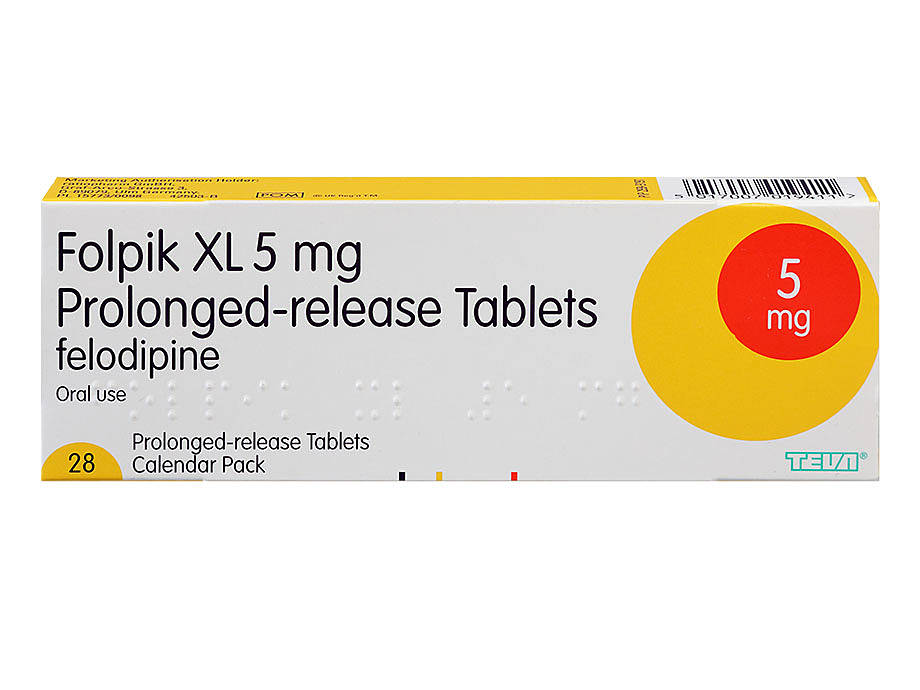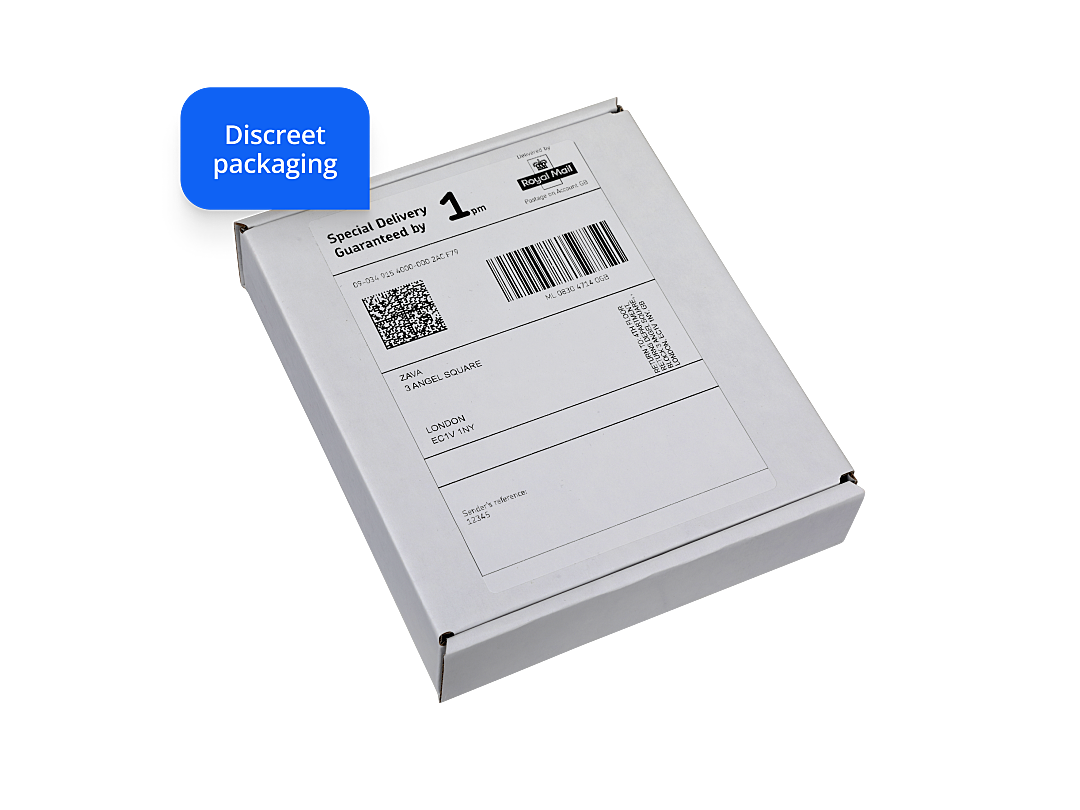



Prices from £19.95
In stock. Simply fill in a brief consultation questionnaire and one of our doctors will review your request today.
-
If you have high blood pressure, having your medication to hand is really important. With ZAVA, you can request 3 months worth of your felodipine so you don't have to wait to get the medication you need.
Prices
3 x 28 tablet(s) - £26.95
3 x 28 tablet(s) - £19.95
3 x 28 tablet(s) - £19.95



About Felodipine
Dosage
Usually, when you first begin taking felodipine the dosage will be 5mg per day. However, this may be lower for elderly patients, normally 2.5mg per day.
The dosage you are first prescribed may not necessarily be the dose you will carry on taking. For example:
- It will depend on why you need the medicine in the first place.
- If there is no change in your blood pressure on the starting dose, then your GP may decide to double it to 10mg per day and monitor the results.
- If your blood pressure then suddenly drops it may be that your starting dose is too high, in that case your GP may halve the dose to 2.5mg per day.
-
-
It’s important to remember that not everybody will suffer from side effects. While taking felodipine you might not feel any different in yourself, but this doesn’t mean the medication isn’t working. Your GP will arrange check-ups with you to see how well (or not) felodipine is working with regards to your blood pressure.
There are ways to cope with these common side effects. These could include:
- swollen ankles – swelling in your ankles is a common side effect associated with felodipine. You can help relieve this by raising your legs when sitting down
- headaches – after taking felodipine for around a week the headaches should wear off. However, if they don’t or you feel they are getting worse speak to your GP. In the meantime, you can consult a pharmacist who will be happy to recommend a painkiller to help relieve the painful symptoms associated with headaches
- flushes – try to cool yourself down by opening a window or using a fan. You could try sipping ice cold drinks or spraying your face with cold water. If the symptoms persist you should speak to your GP
- dizziness – dizzy spells can be uncomfortable. If you begin to feel dizzy you should stop what you are doing and try to sit or lie down until you feel better
In case of an emergency – if it is an emergency for example if you or someone you know is suffering from chest pain or collapses the first thing you should do is call 999 and ask for an ambulance.

Dr Kathryn Basford is a qualified GP who works as a GP in London, as well as with ZAVA. She graduated from the University of Manchester and completed her GP training through Whipps Cross Hospital in London.
Meet our doctorsLast reviewed: 21 Jun 2019
-
Hypertension, WHO [accessed February 2023]
-
High blood pressure (hypertension), National Health Service [accessed February 2023]
-
Hypertension in adults: diagnosis and management, NICE [accessed February 2023]
-
Felodipine, National Health Service [accessed February 2023]
-
Felotens XL 5mg Prolonged Release Tablets, Patient Information Leaflet, EMC [accessed February 2023]
In order to avoid related health risks, your blood pressure needs to be kept within the normal range. Because of this, you shouldn’t miss doses of your blood pressure treatment if possible. You reorder your treatment quickly and conveniently from ZAVA, to avoid running out.








